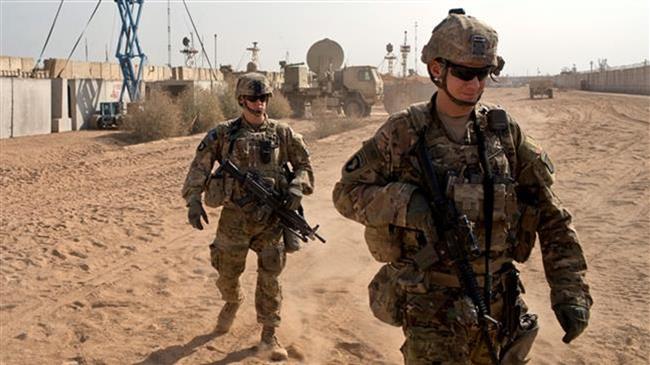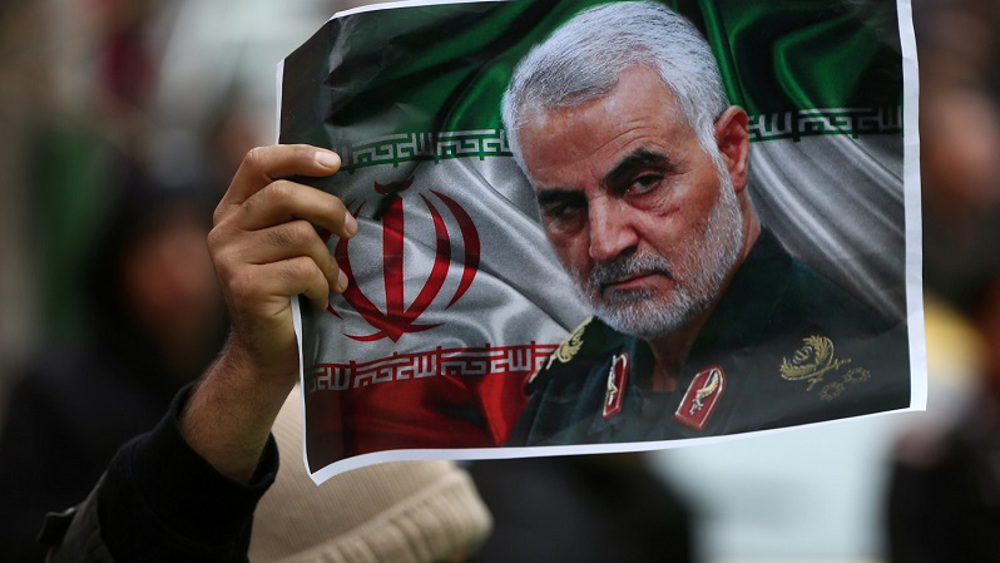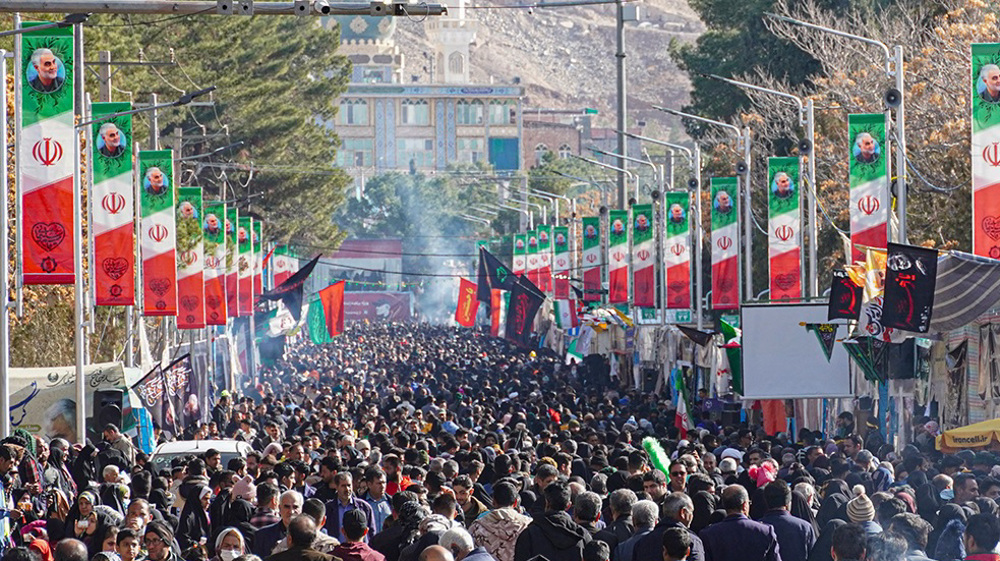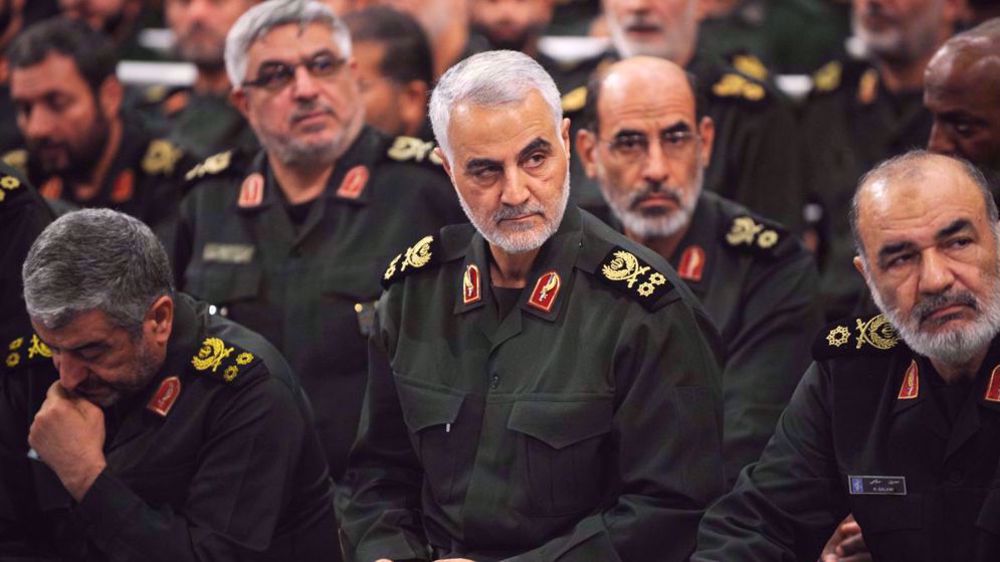NATO to withdraw some troops from Iraq after Soleimani assassination
The US-led NATO military alliance has announced plans for a temporary withdrawal of some of its troops and personnel from Iraq following the United States’ assassination of a top anti-terror Iranian military commander in the Arab country.
“The safety of our personnel is paramount” and some troops would be moved “both inside and outside of Iraq,” a spokesman for the trans-Atlantic military alliance told the German news agency DPA on Tuesday.
“NATO maintains a presence in Iraq. And we are prepared to continue our training and capacity-building when the situation permits,” the spokesman added.
The announcement came shortly after Germany moved to reduce the number of its troops stationed in Iraq due to heightened tensions in the region. The German government said that 30 out of the 130 personnel serving in the country were being redeployed to neighboring countries.
Canada moving out, too
Meanwhile, a top Canadian military official said on Tuesday that some of the estimated 500 Canadian troops in Iraq will be moved temporarily to neighboring Kuwait in the coming days.
“Over the coming days, and as a result of Coalition and NATO planning, some of our people will be moved temporarily from Iraq to Kuwait. Simply put, we are doing this to ensure their safety and security,” General Jonathan Vance, the Canadian chief of defense staff, said in a tweet.
Iraqi lawmakers unanimously approved a bill on Sunday, demanding the withdrawal of all US-led foreign military forces following the US airstrike that killed Lt. Gen. Qassem Soleimani, who was the commander of the Quds Force of Iran’s Islamic Revolution Guards Corps (IRGC).
The US airstrike was carried out on the direction of US President Donald Trump at Baghdad’s international airport early on Friday, assassinating Lt. Gen. Soleimani, along with his companions, including Abu Mahdi al-Muhandis, the second-in-command of Iraq’s Popular Mobilization Units (PMU).
Both commanders were admired by Muslim nations for eliminating the US-sponsored Daesh Takfiri terrorist group in the region, particularly in Iraq and Syria.
The US assassination has drawn a wave of condemnation from officials and movements throughout the world, and triggered huge public protests across the region.
Iran has said that “harsh revenge” is awaiting the US.
‘All wars have rules. All of those rules have been broken’ by Israel
VIDEO | Report flags India’s violation of rights of Rohingya detainees
Turkey's foreign minister meets Syria's de facto leader in Damascus
'Next to impossible' to rescue patients from Gaza's Kamal Adwan Hospital: Director
VIDEO | Vietnam current prosperity
Report blames gasoil exports for shortage at Iranian power plants
VIDEO | Hind Rajab Foundation names Israeli war criminals vacationing after Gaza genocide
VIDEO | Australians rally for Gaza ahead of Christmas festivities












 This makes it easy to access the Press TV website
This makes it easy to access the Press TV website